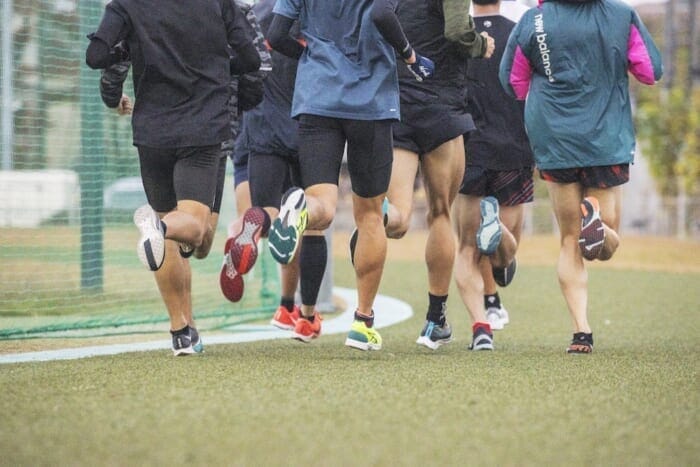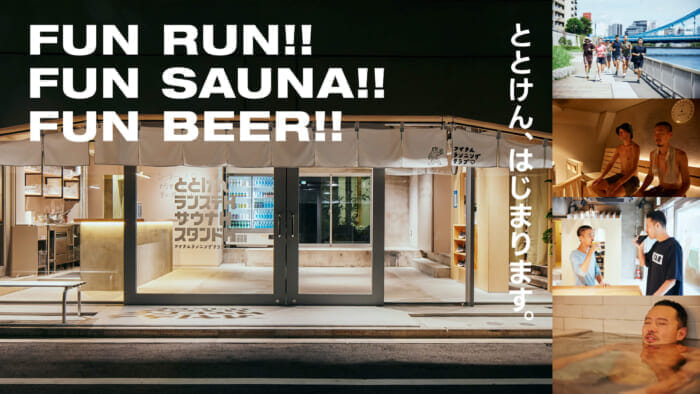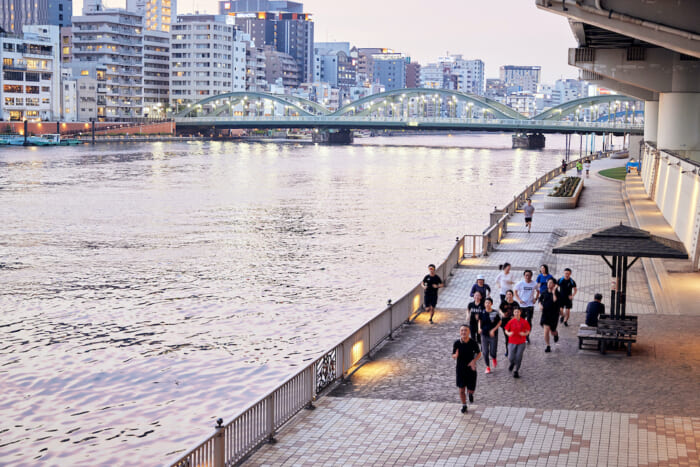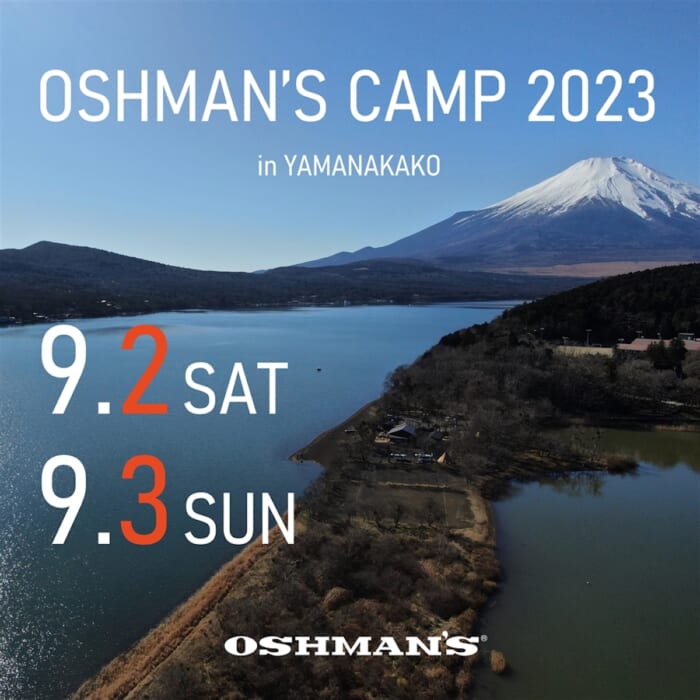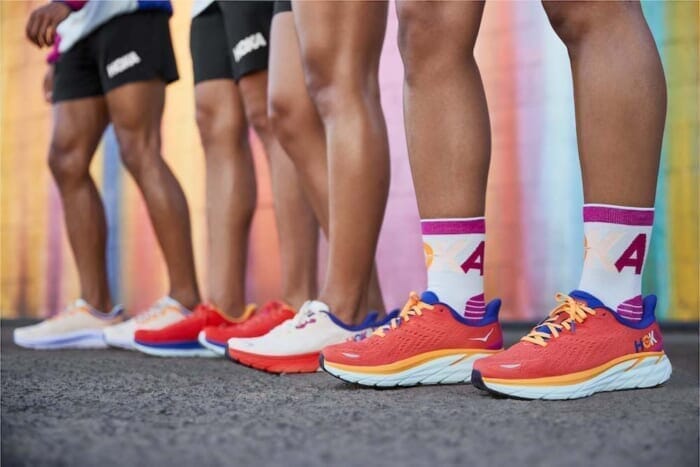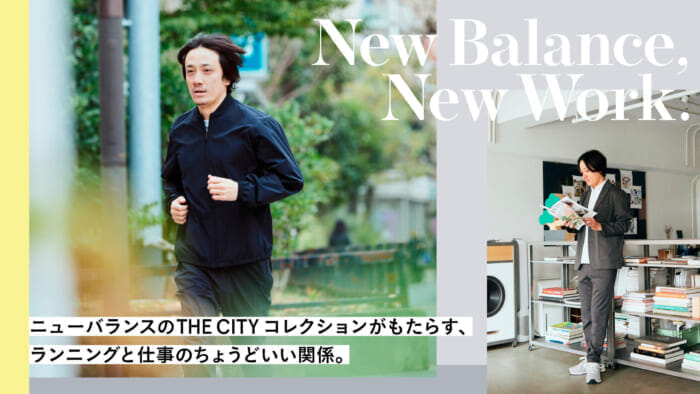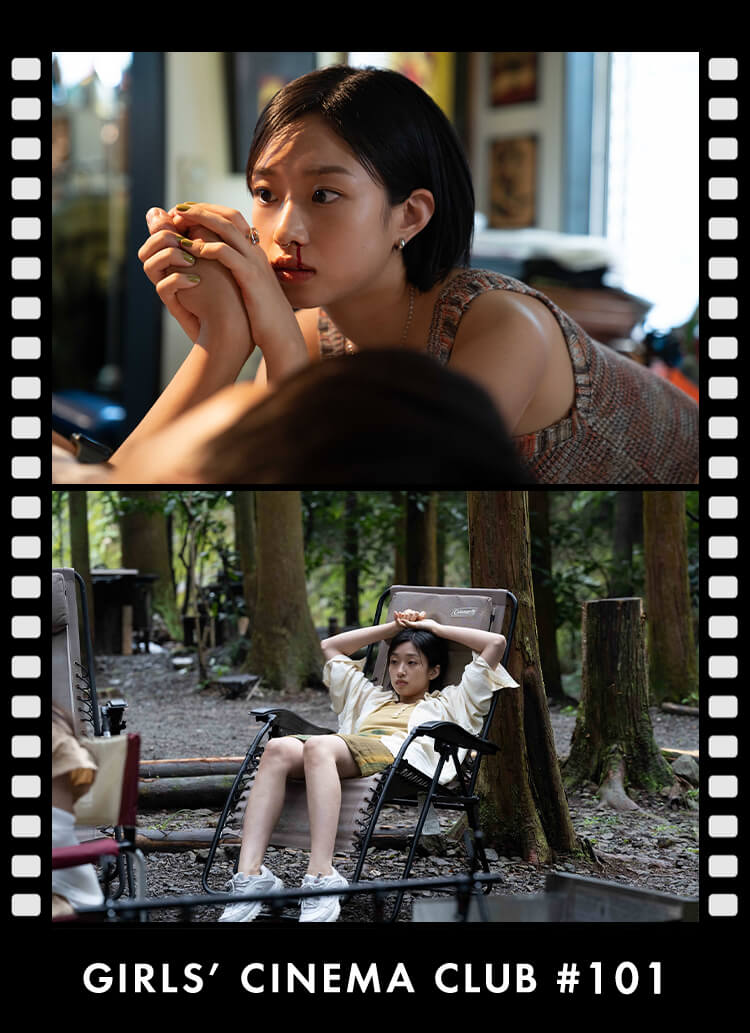On New Year's Day, the Hakone Road, illuminated by the New Year's sunshine, will be the scene of a youthful drama as student runners link their tasuki (relay) across the Tokaido Hakone Road. I visited the team with Hideaki Makino of HOUYHNHNM's Running Club♡ on a November day in Sakado City, Saitama Prefecture.
In this issue, we invited Mr. Makino as an interviewer to talk with the director and captain about the behind-the-scenes of the qualifying round, their enthusiasm for the New Year's race, and their goals. In the first part of this two-part article, we interviewed Shizuji Kushibe, the longtime coach of the Josai University men's ekiden team, who has been leading the team for many years.
PROFILE
Born in 1971. Born in Yamaguchi Prefecture. As a student, he was a member of Waseda University's running club, and in his junior year in 1993, he set a new sectional record of 1 hour, 2 minutes, and 9 seconds in the first section of the Hakone Ekiden, contributing greatly to the team's onward and overall championships. After working as a businessman, he became the coach of Josai University's men's ekiden team in 2001, and became the team's manager in 2009.
PROFILE
Born in 1980. Born in Tochigi Prefecture. Worked at a major select store. Utilizing her fashion skills and experience as an active sub-three runner, she is also active as a fashion running advisor. The theme of her everyday clothes is always to coordinate with a 10-km runner. She is enthusiastic about following the Hakone Ekiden since her school days.
Behind the 3rd place in the preliminary round.
Makino: Director Kushibe! I am looking forward to working with you today. Of all the sports in the world, I like the Hakone Ekiden the best.
Kushibe: I see! That's great to hear.
Makino: In my mind, Josai University was a regular participant in the Hakone Ekiden, so I was surprised to see Josai University ...... when they finished 15th in the last qualifying round for the Hakone Ekiden and missed out on the main event (only 10th place is allowed in the main event at New Year's). So I was surprised to see that team finish in third place in the preliminary round this October. What is your evaluation of this year's third-place finish?
Kushibe: I think the third place result was better than expected. However, it is only a qualifying round. The important thing is to win a ticket to the main competition.
Makino: I know the conditions were hard on the day of this year's qualifying round with higher temperatures, but did you have any strategy in place?
Kushibe: Yes, in the past, we have lost in the qualifying rounds when the temperatures rose and we were unable to run as well as we would have liked, so we learned from that lesson and have been working since the summer training camp to prepare for heat in various weather conditions. Then, based on the temperature and humidity data from the past qualifying rounds, we assumed that the conditions would be similar to those of 2016, and formulated our strategy for the day.
Makino: What exactly was your strategy?
Kushibe: I instructed the contestants to run at a fast pace to a certain extent before the temperature rises, and to build up a reserve before the temperature rises, without putting too much weight on themselves at the beginning of the race just because it is a tough race. As a result, you were in the passing zone from the first half of the race and continued to improve your position throughout the race.
Makino: I see. So it was as per your strategy.
Kushibe: Yes, it was a perfect fit.
Makino: You passed the qualifying round with flying colors! It looks promising for the main competition.
Kushibe: I was not very good at the qualifying rounds, so the fact that I made it through is the best thing that could have happened. Looking ahead to the main event, it is easier to run as a team in a group in the qualifying round, but in the main event, the ability to complete the 20 km distance alone is required. For this year's race, I had instructed the participants to be conscious of running without relying on group running from the qualifying round. With that in mind, I think we can look forward to the main event in the New Year.
Makino: This year is the first time that the Josai University men's ekiden team has had an international student. I often hear that international students have a positive impact on the team, not only in terms of records.
Kushibe: Yes, that's right. Victor Kimutai is a freshman, but he has already energized the team. At first everyone was surprised, but he is bringing a new stimulus. However, each of the 10 sections of the Hakone Ekiden is different in distance and difficulty, with some sections up mountains, some down mountains, and some flat sections that require speed, so we want to put the right players in the right places to make up the team.
Makino: In the Hakone Ekiden, it is said that the key is to prepare for special sections such as mountain climbing and descending.
Kushibe: There is a mountain near the university, so we have been training there since summer as if it were Hakone. We are able to identify athletes who are good at climbing from their regular training, so we have been training them by focusing on running them up the mountain. This year's team has several athletes who are good at climbing mountains, so I think this is a positive factor.
Makino: Your team is growing steadily toward the New Year. What are the colors of your team this year?
Kushibe: Well... Actually, the beginning of spring is not distinctive. I honestly felt that it lacked a little bit of individuality. I even talked to the students about that. It's important to hone their individuality while still placing importance on cooperation. I think that the team's strength is improving now that the players have developed their own characteristics.
Makino: You said that you have grown a lot both as a team and as an individual.
Kushibe: Students change from moment to moment, so it is important for each student to work hard with a high level of awareness. It is up to them to decide how they will grow, so as a leader, I think it is important to set them on a path and then watch over them.
The difficulty and joy of the simple act of running.
Makino: We are now only a month away from the main competition. What kind of training do you plan to do for the competition?
Kushibe: We don't have much time, so I won't do anything special from here. First of all, we must not get injured. I was able to run the qualifying round in good form, so it is important to maximize my performance in the New Year's show as well.
Makino: How exactly do you instruct them?
Training scene in the hypoxic room, which creates an artificial high-altitude environment.
Kushibe: I condition the players while removing fatigue and peaking them for the show. I will assemble the menu for the high-intensity point practice, but on other days I leave much of it up to the athletes. Hakone is a 20-km distance, so I will make adjustments while running some distance until just before the race. I have them run at least one hour a day, and point practice is done once every three days in a cycle, so we usually train in a balanced manner.
Makino:Director Kushibe has been involved in long-distance student coaching for a long time, but have you seen any changes in the content of your own coaching between now and the past?
Kushibe: I have been with the Josai University Men's Ekiden Club since its inception, so this will be my 21st year. It has been 14 years since I became a coach. At the beginning, the level of athletes was not as high as it is now. So, in order to steadily get stronger, I emphasized quantity, not intensity, in my training. Now we have many different types of players, so each player has his or her own training program.
Makino: What do you keep in mind mentally?
Kushibe: Yes, I am conscious of choosing the right words to say to the players to motivate them to run.
Makino: The training environment is also changing.
Kushibe: We have created a state-of-the-art training environment, including an artificial turf field and a hypoxic room facility for scientific training. We also need to be careful because shoes with carbon plates put a high load on the body in exchange for speed; you can run 2 to 3 seconds per km faster, but because of the strong rebound from the shoes, fatigue fractures in the thigh and other failures that did not exist before are increasing, so we are also focusing on strength training.
Makino: We citizen runners are also experiencing a boom in so-called thick-soled shoes.
Kushibe: I try to use thick-soled shoes with carbon plates only during point practice at high speeds, and wear shoes without carbon plates for other exercises.
Makino: I see. But thick soles make me run faster, so when I run with my friends, I tend to wear thick soles to keep up with them.
Kushibe: I understand that feeling. However, as I often tell my athletes, the objective is to become stronger and faster, but if you focus only on completing the practice in front of you, it will become practice for practice's sake. Daily training is a means to an end, and if you make it your goal, you will become misaligned. I think it is the same for citizen runners, and it is important to ask each day what the purpose of that day's training is.
Makino: That's right. In addition, what often happens is that we can do it in practice but can't do it in the real thing....
Kushibe: Well, I think that difficulty is what makes this simple competition so interesting.
Makino: Yes, I believe so!
Kushibe: If you practice and always get personal bests, you will never get tired of doing such simple things. I will clear the difficulty one day and definitely run through it! I think I am doing this kind of dominant sport because I have something to aim for.
Makino: It's strange, isn't it? It doesn't work because it is simple. I think that's what makes running so fascinating. When I was a student, I was forced to run and didn't realize the depth of running.
Kushibe: There is a big difference in awareness between when you are a student and when you are a working adult.
Makino: Even now, though, it is difficult to reach the ideal.
Kushibe: Because of its simplicity, I think the appeal of the piece is that it is created through a series of dialogues with one's own body.
Makino: I look forward to seeing your success in the Hakone Ekiden on New Year's Day. Finally, please give some comments for those who support you.
Kushibe: Everyone was more pleased than expected with our passing the qualifying round this year, so we would like to show our strength again on New Year's Day, though not to thank you for that. The athletes are burning with hope for seeding rights. Next year, the Hakone Ekiden will be the 100th anniversary of the event. We would like to secure the right to participate in the event as early as possible.
Makino: Good luck!
Photo_kentaro Hisadomi
Text_Kenji Hashimoto


